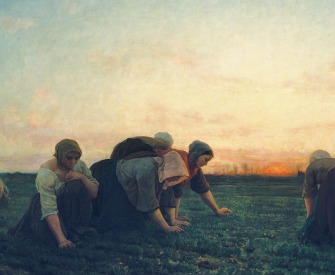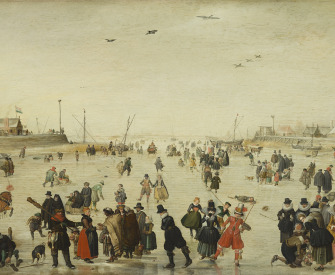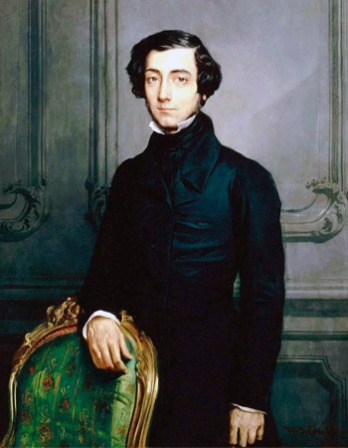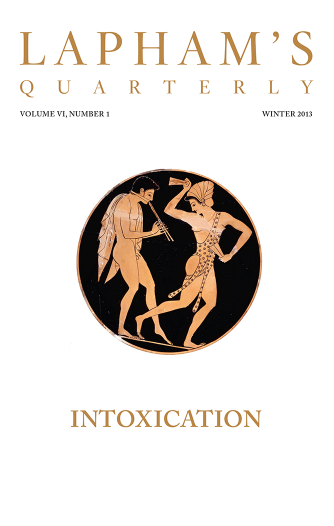Clytemnestra: Cassandra, you may go within the house,
since Zeus in no unkindness has ordained that you
must share our lustral water, stand with the great throng
of slaves that flock to the altar of our household god.
Step from this chariot, then, and do not be so proud.
Chorus: I think this stranger girl needs some interpreter
who understands. She is like some captive animal.
Clytemnestra: No, she is in the passion of her own wild thoughts.
Leaving her captured city she has come to us
untrained to take the curb, and will not understand
until her rage and strength have foamed away in blood.
I shall throw down no more commands for her contempt.
[Clytemnestra goes back into the house.]
Chorus: I, though, shall not be angry, for I pity her.
Come down, poor creature, leave the empty car. Give way
to compulsion and take up the yoke that shall be yours.
[Cassandra descends from the chariot.]
Cassandra: Oh shame upon the earth!
Apollo, Apollo!
Lord of the ways, my ruin.
Where have you led me now at last? What house is this?
Chorus: The house of the Atreidae. If you understand
not that, I can tell you; and so much at least is true.
Cassandra: No, but a house that God hates, guilty within
of kindred blood shed, torture of its own,
the shambles for men’s butchery, the dripping floor.
Chorus: The stranger is keen scented like some hound upon
the trail of blood that leads her to discovered death.
Cassandra: Behold there the witnesses to my faith.
The small children wail for their own death
and the flesh roasted that their father fed upon.
Chorus: We had been told before of this prophetic fame
of yours: we want no prophets in this place at all.
Cassandra: Ah, for shame, what can she purpose now?
What is this new and huge
stroke of atrocity she plans within the house
to beat down the beloved beyond hope of healing?
Rescue is far away.
Chorus: I can make nothing of these prophecies. The rest
I understood; the city is full of the sound of them.
Cassandra: So cruel then, that you can do this thing?
The husband of your own bed
to bathe bright with water—how shall I speak the end?
This thing shall be done with speed. The hand gropes now, and the other
hand follows in turn.
Chorus: No, I am lost. After the darkness of her speech
I go bewildered in a mist of prophecies.
Cassandra: No, no, see there! What is that thing that shows?
Is it some net of death?
Or is the trap the woman there, the murderess?
Let now the slakeless fury in the race
rear up to howl aloud over this monstrous death.
Chorus: Upon what demon in the house do you call, to raise
the cry of triumph? All your speech makes dark my hope.
And to the heart below trickles the pale drop
as in the hour of death
timed to our sunset and the mortal radiance.
Ruin is near, and swift.
Cassandra: See there, see there! Keep from his mate the bull.
Caught in the folded web’s
entanglement she pinions him and with the black horn
strikes. And he crumples in the watered bath.
Guile, I tell you, and death there in the caldron wrought.
Chorus: I am not proud in skill to guess at prophecies,
yet even I can see the evil in this thing.
From divination what good ever has come to men?
Art, and multiplication of words
drifting through tangled evil bring
terror to them that hear.
©1947 by Richard Lattimore. Used with permission of the University of Chicago Press.
From Agamemnon. Aeschylus is believed to have written at least eighty plays and placed first at the dramatic festivals thirteen times during his life. Only seven of his tragedies are extant, among them The Oresteia trilogy and Seven Against Thebes. His epitaph states, “The grove of Marathon with its glories can speak of his valor in battle. The long-haired Persian remembers and can speak of it too.”
Back to Issue





